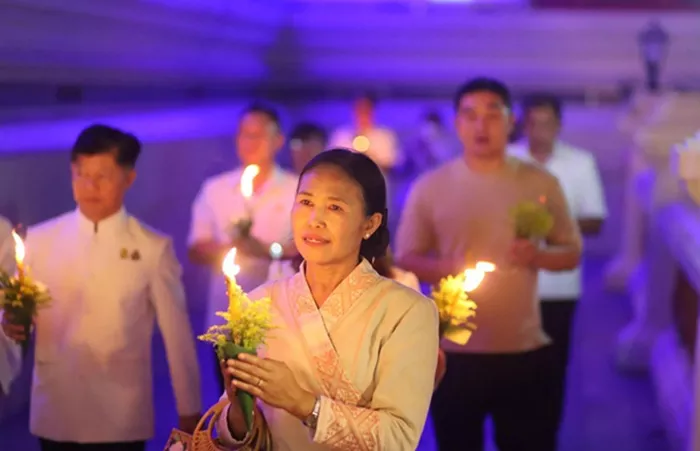In a significant policy shift, the Thai government has lifted its long-standing ban on the sale of alcohol during religious holidays, a move aimed at bolstering the country’s tourism and hospitality sectors. The change, which came into effect on May 10, allows the sale of alcoholic beverages in designated venues, including airports, hotels, entertainment districts, and event spaces.
The Royal Gazette formally announced the revision on May 9. This year’s Buddhist holiday of Visakha Bucha on May 11 marked the first such occasion where legal alcohol sales were permitted under the new rules.
Thailand’s prohibition of alcohol sales on major Buddhist holidays—such as Makha Bucha, Asalha Bucha, and the beginning of Buddhist Lent—has long been considered outdated by business owners and some lawmakers. Advocates for reform have argued that the restrictions placed undue economic strain on tourism-related businesses, especially in popular travel destinations.
Although this latest measure reflects a softening of those rules, it comes with limitations. Alcohol sales remain prohibited in general retail stores and convenience chains such as 7-Eleven. Only select venues are allowed to operate under the revised law—specifically, airports, hotel bars, licensed entertainment establishments, and venues within designated “tourism zones.”
However, the definition of “tourism zones” remains vague. Authorities have not clarified whether standard restaurants within those areas are included in the new permissions.
The daily nationwide alcohol sale restriction between 2:00 PM and 5:00 PM remains in place. Earlier this year, Prime Minister Paetongtarn Shinawatra ordered a review of that particular law, though no changes have been made so far.
Supporters of the reform view it as a step toward modernizing Thailand’s regulatory framework around alcohol sales. Proponents within the hospitality sector hope that easing these restrictions will spur consumer spending and improve revenue during high-traffic periods.
The government has indicated that the primary motivation for the policy change is economic. Officials are closely monitoring the impact of the new law on tourism and retail performance and have hinted at further changes if the revision yields positive financial results.
While some conservative groups may express concern over relaxing alcohol regulations during religious observances, the broader reception has been largely positive, particularly among business owners and international visitors.

